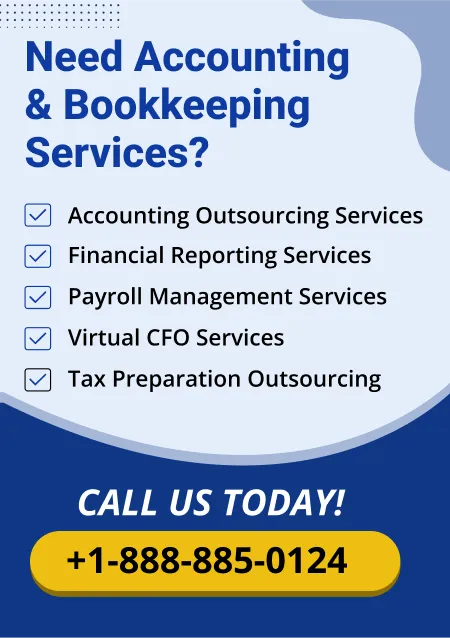The decisions of a company owner impact its economic health. One of the essential decisions is selecting the proper accounting method. The choice will shape the practices of the business. It influences financial reporting, tax liabilities, etc. It also impacts on future decisions. This article focuses on differentiating the two primary accounting methods. These are cash and accrual. Understanding their implications is essential. Cash and accrual accounting are like sibling rivals. One differs from the other. But you can see the similarities, too. Let's explore how to choose the right accounting method.
Cash-based Accounting
Cash basis accounting is an accounting method. It recognizes transactions when actual cash is received or paid out. This means that under the cash-based accounting method. A journal entry for a transaction will only be recorded. It will happen at the time of exchange of actual cash. The cash basis of accounting contrasts with the accrual accounting method. This will be where a transaction is recorded when the income is earned. It also involves expenses incurred. After all, it does not depend on whether the actual transaction has occurred.
Accrual Accounting
Accrual accounting is another financial accounting method. It allows a company to record revenue before receiving payment for goods sold. It also records expenses as they are incurred. After all, the revenue earned and costs incurred are entered into the company's journal. This is regardless of when money exchanges hands.
Cash and Accrual Accounting: How to Choose?
Selecting cash-based or accrual-based accounting is critical. It requires careful consideration of different key factors:
- Nature and Size of Your Company: Cash-based accounting could be suitable if your company is relatively small and operates mainly on a cash basis. Accrual accounting gives the detailed insights you need. It will happen if your operations involve credit transactions, a higher volume of transactions, etc.
- Regulatory Requirements: According to regulatory requirements like GAAP, certain companies must use accrual-based accounting. Identifying the rules relevant to your industry and company size is essential.
- Ease of Use vs. Comprehensive Overview: Cash-based accounting is simple. This makes it ideal for small companies. But, accrual-based accounting provides a detailed overview of your financial health. It is important for strategic decision-making.
- Financial Management Software: Different financial management software options are available today. These cater to both accounting procedures.
- Business Aims and Available Resources: Consider your company vision and the resources you have at your disposal. Accrual accounting may provide the financial perspective needed. Cash-based accounting may serve you better if you focus on adequate cash flow management. After all, that accrual accounting may require more time and resources for record-keeping.
Cash vs. Accrual
There are some differences between cash and accrual accounting. After all, there will also be some impacts on your business. Some differences involve:
|
Cash Basis Accounting |
Accrual Accounting |
|
|
Definition |
Transactions are recorded when money is paid or received |
Transactions are recorded at the time of the transaction, regardless of when cash is paid or received |
|
Used by |
Small businesses with revenues less than $25 million and businesses that do not carry inventory |
Corporations, partnership corporations, tax shelters, any business with revenues of $25 million or above for three years or more |
|
Simplicity |
Straightforward |
More complicated |
|
Require support |
Easy for most users |
Typically requires an accountant |
|
Tax implications |
Taxable income depends on money received during the tax year |
Taxable income depends on events test being met for a transaction |
Closing Remarks
It's crucial to make the right decision about your accounting method. It's not impossible to change later. However, it can be challenging once you have used a particular process. Fortunately, there are accounting software and tools. These can assist with either method and virtual accountants can guide you. You will get guidance at every step.
Fino Partners provides the full spectrum of consulting, calculation, and compliance. In Fino Partners, your entire process is managed by seasoned professionals. Experts with collective tax knowledge do it from start to finish. Get in touch to work with a transparent company with the expertise to take sales tax off your plate.
If you’re curious for more information on these, Contact us today!







.webp)



















